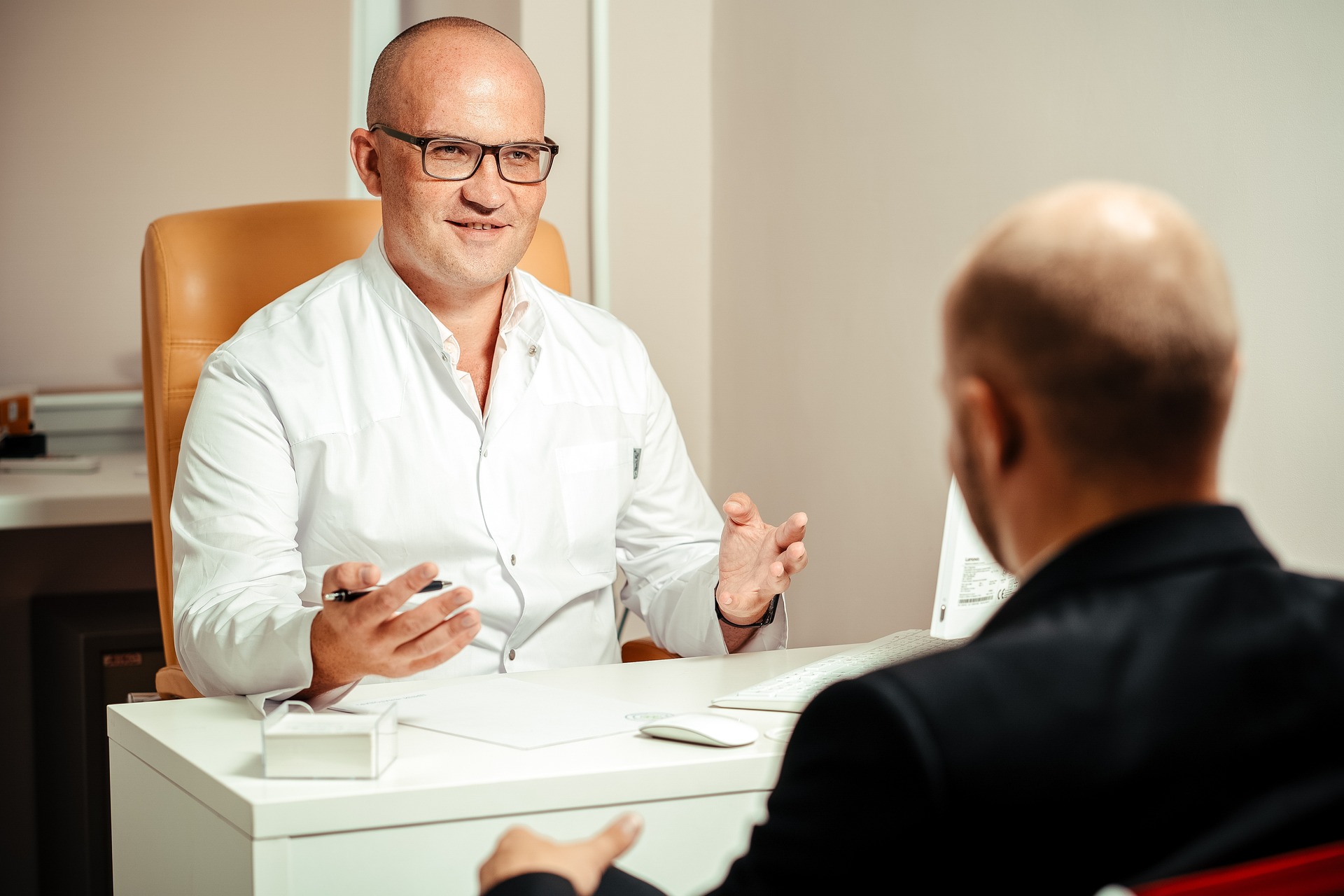The Science Behind Anti-Aging: Treatments and Solutions for Women
As we age, our bodies undergo various changes that can affect our appearance and overall well-being. Anti-aging treatments have become increasingly popular, especially among women seeking to maintain a youthful look and feel. This article explores the science behind anti-aging and discusses effective treatments available for women.

What causes skin aging and how can it be prevented?
Skin aging is a complex process influenced by both intrinsic and extrinsic factors. Intrinsic aging is genetically determined and occurs naturally over time, while extrinsic aging is caused by external factors such as sun exposure, pollution, and lifestyle choices. To prevent premature skin aging, it’s essential to protect your skin from UV radiation, maintain a healthy diet rich in antioxidants, stay hydrated, and avoid smoking and excessive alcohol consumption.
What are the most effective anti-aging treatments for women?
There are numerous anti-aging treatments available for women, ranging from topical products to more invasive procedures. Some of the most effective options include:
-
Retinoids: These vitamin A derivatives stimulate collagen production and increase cell turnover, reducing fine lines and wrinkles.
-
Chemical peels: This treatment involves applying a chemical solution to remove the outer layer of skin, promoting cell renewal and improving skin texture.
-
Microdermabrasion: This non-invasive procedure uses tiny crystals to exfoliate the skin, reducing the appearance of fine lines and age spots.
-
Laser treatments: Various laser technologies can target specific skin concerns, such as wrinkles, pigmentation, and skin laxity.
-
Botox and dermal fillers: These injectable treatments can temporarily reduce the appearance of wrinkles and restore lost volume in the face.
How do anti-aging skincare products work?
Anti-aging skincare products typically contain active ingredients that target specific aspects of skin aging. For example:
-
Antioxidants like vitamin C and E neutralize free radicals that can damage skin cells.
-
Peptides stimulate collagen production, improving skin firmness and elasticity.
-
Hyaluronic acid helps retain moisture, plumping the skin and reducing the appearance of fine lines.
-
Alpha-hydroxy acids (AHAs) and beta-hydroxy acids (BHAs) exfoliate dead skin cells, promoting cell turnover and improving skin texture.
When choosing anti-aging products, look for those with clinically proven ingredients and consider your specific skin concerns.
What lifestyle changes can support anti-aging efforts?
In addition to topical treatments, certain lifestyle changes can significantly impact the aging process:
-
Maintain a balanced diet rich in fruits, vegetables, lean proteins, and healthy fats.
-
Stay hydrated by drinking plenty of water throughout the day.
-
Get regular exercise to improve circulation and promote overall health.
-
Prioritize quality sleep, aiming for 7-9 hours per night.
-
Manage stress through techniques like meditation, yoga, or deep breathing exercises.
-
Limit sun exposure and always wear broad-spectrum sunscreen when outdoors.
Are there any natural anti-aging remedies for women?
Many natural ingredients have shown promise in anti-aging skincare:
-
Green tea extract: Rich in antioxidants, it helps protect the skin from free radical damage.
-
Rosehip oil: High in vitamin C and essential fatty acids, it can help improve skin elasticity and reduce the appearance of fine lines.
-
Aloe vera: Known for its soothing properties, it can help hydrate and improve skin texture.
-
Coconut oil: Contains lauric acid, which has antimicrobial properties and can help moisturize the skin.
-
Ginseng: May help stimulate collagen production and improve skin firmness.
While these natural remedies can be beneficial, it’s important to note that their effectiveness may vary, and they should be used in conjunction with a comprehensive skincare routine.
What are some popular anti-aging treatments and their costs?
Anti-aging treatments can vary widely in terms of cost and effectiveness. Here’s a comparison of some popular options:
| Treatment | Provider Type | Cost Estimation |
|---|---|---|
| Botox | Dermatologist/Med Spa | $300-$600 per area |
| Chemical Peel | Dermatologist/Med Spa | $150-$300 per session |
| Microdermabrasion | Dermatologist/Med Spa | $75-$200 per session |
| Laser Resurfacing | Dermatologist | $1,000-$3,000 per treatment |
| Dermal Fillers | Dermatologist/Med Spa | $600-$1,200 per syringe |
| Facelift Surgery | Plastic Surgeon | $7,000-$15,000 |
Prices, rates, or cost estimates mentioned in this article are based on the latest available information but may change over time. Independent research is advised before making financial decisions.
Anti-aging is a complex field that combines scientific advancements with lifestyle choices. While there are numerous treatments and products available, it’s essential to approach anti-aging holistically, considering both internal and external factors. Consulting with a dermatologist or skincare professional can help you develop a personalized anti-aging strategy tailored to your specific needs and goals.
This article is for informational purposes only and should not be considered medical advice. Please consult a qualified healthcare professional for personalized guidance and treatment.
The shared information of this article is up-to-date as of the publishing date. For more up-to-date information, please conduct your own research.




